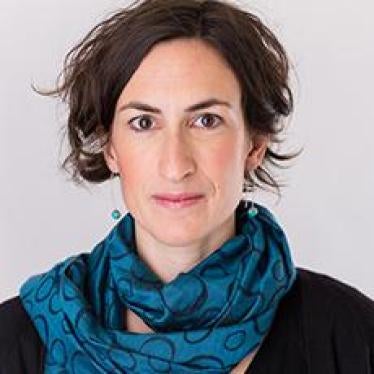A lot of questions
The federal government’s handling of Abdirashid Janan’s arrest raises several questions such as: Was he ever formally charged? Why was there no further court action after the first hearing? Why was he being held in an informal detention facility? And how did he escape?
These questions should be investigated and answered. But the case also warrants a deeper reflection as to whether Somalia even has the capacity to prosecute serious crimes safely, fairly and without political interference.
Bringing a powerful person such as Abdirashid Janan to justice is difficult. Proving links between acts on the ground and orders or acquiescence from above, for instance, requires specialised expertise and experience as well as the right legal framework. These are currently lacking. “Serious crimes” cases in Somalia – most of which have been security-related and tried by military courts – have repeatedly fallen short of basic due process standards.
Among other things, prosecuting such cases also requires special procedures to protect victims, witnesses and judicial staff as well as to ensure a fair trial free from political interference. Again, such procedures are absent in Somalia. Victims and witnesses are rarely protected. Judicial staff continue to face serious risks. And authorities struggle to ensure suspects are held in appropriate, humane and secure detention centres.
Possible answers for Somalia
There are options available to the Somali government if it’s serious about trying offenders such as Abdirashid Janan.
Last year, the federal government established a court and prison facility in the capital. Known as the Mogadishu Prison and Court Complex (MPCC), it was primarily built to facilitate the transfer of cases related to the Islamist armed group al-Shabaab from military to civilian courts. Initial international support has focused on building judicial capacity to try security-related offences and has included the training of staff.
In another development, the office of Somalia’s chief justice recently set up benches at the supreme, appeals, and regional court levels to try serious crimes. Again, the focus appears to be on security-related cases.
While still in their initial phases, these initiatives could anchor discussions around how to build the specialised capacity, expertise and structures needed to investigate and prosecute war crimes, crimes against humanity, and other serious abuses. The mandates of these benches and the new civilian court should not be considered set in stone.
Other countries in the region have taken steps to put accountability for serious crimes at the centre of efforts to break with cycles of violence. Somalia should think about doing the same and, with its international partners, use the creation of these new options to frame the discussions.
This could lay the groundwork for victims and their families to see suspects like Abdirashid Janan finally brought to justice.








